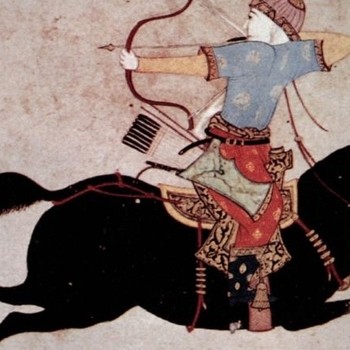How did Great Britain get involved in WWI?
1 Answer
Due to...
-Britain's policy of no-dominance.
-Treaty of London
-Preference of choice (supporting the Allies or th Central Powers)
-Ambition and defence
Explanation:
Starting from the late 1800s and early 1900s. Britain had a huge and roughly isolated empire and ruling this empire was its priority. The highest priority for Britain was protecting the trade routes between Britain and India. Britain's large navy protected all trade links.
Notably, Britain was interested in events in Europe. Other European countries had rivalries against teach other.
Another concern was Russia. For much of the 19th century, Russia wanted to take control of the Dardanelles, the area where the Black Sea opened out into the Mediterranean Sea. It was part of Britain's most important trade route to India.
By the early 1900s, Britain was more concerned about Russia and France than Germany. This began to change, however, when Kaiser Wilhelm II aspired Germany to be a great power. As a result, he built up his armed forces. France and Russia did the same. All of the great powers in Europe began to build up their armies and navies.
British policy in Europe intended that no country in Europe should become completely dominant . The strong economy, large population and powerful armed forces of Germany seemed to be capable of dominating Europe. Thus, Britain began to support Russia and France. Britain joined the Triple Entente.
Despite being part of the Triple Entente, Britain was not committed to going to war in 1914.
Britain had promised to defend Belgium under the Treaty of London of 1839. On August 1914, when Germany attacked France through Belgium. Within hours, Britain declared war on Germany.
Within a few more days, the Allies were all officially at war with Germany and Austria-Hungary (the Central Powers). What had started as a small, local problem in the Balkans was turning into the biggest and most brutal war the world had ever seen.

